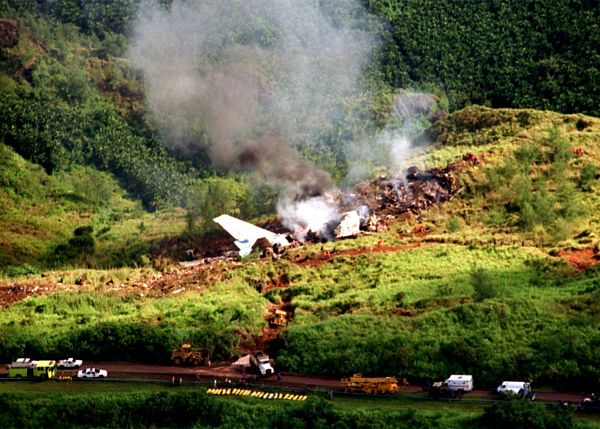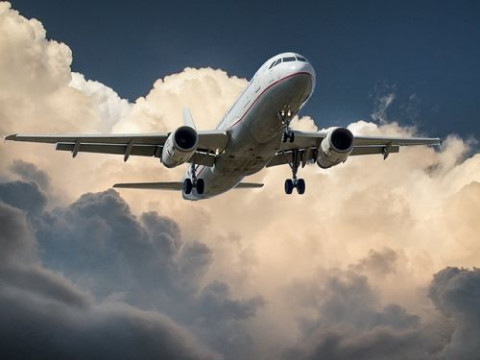Hierarchy and Doing Business in South Korean Culture
Could South Korea’s hierarchical culture have caused planes to crash?
If you work or do business with South Koreans, you really need to understand hierarchy.
Otherwise, you could crash too!
Hierarchy plays a pivotal role in the culture; a value in forming beliefs and behaviours that have been formed over generations.
When people from less hierarchical cultures, such as Denmark, Australia and the USA, collaborate with South Koreans, it’s usually a lack of awareness around hierarchy, status and face that cause challenges.
We are going to look at a fascinating example of how hierarchy manifests in South Korean culture.
DON'T MISS THE LINK TO OUR
GUIDE TO SOUTH KOREAN CULTURE
AT THE END OF THE PAGE!
Why Were South Korean Planes Crashing?
Many years ago, there were a spate of plane crashes all involving South Korean airlines.
Between 1970 and 1999, many fatal incidents occurred, during which time 16 aircraft were written off in serious incidents and accidents with the loss of 700 lives.
The 1990s is littered with examples; the most infamous being Korean Air Flight 801, which smashed into a hill, killing 228 of 254 passengers on board in 1997.
As recently as 2016, Asiana Airlines Flight 214 crashed during a landing attempt at San Francisco International Airport, killing two and injuring 180 of 307 passengers.

Aerial views of Sasa Valley crash site of Korean Airlines flight 801 on Aug. 6, 1997.
U.S. Navy, U.S. Coast Guard, U.S. Air Force, and numerous civilian rescue teams, assisting in the search and rescue efforts. [source]
Was Korea’s hierarchical culture to blame?
You can find articles from CNN, the LA Times, CNBC and The National Geographic all pointing towards a culture problem in the cockpit – when people needed to speak up and let their superiors know that something was wrong, they were keeping quiet, or at best not being clear enough.
In fact, the theory goes back way longer. In a 2008 interview with Fortune, author Malcolm Gladwell said:
“Korean Air had more plane crashes than almost any other airline in the world for a period at the end of the 1990s.
When we think of airline crashes, we think, Oh, they must have had old planes. They must have had badly trained pilots. No. What they were struggling with was a cultural legacy, that Korean culture is hierarchical.
You are obliged to be deferential toward your elders and superiors in a way that would be unimaginable in the U.S.”
Or did hierarchy have nothing to do with it?
Although it’s a nice theory, it’s also important to be sceptical.
If Korea’s Confucian inspired culture that values hierarchy and harmony is to blame, then why do the airlines of China, Thailand, Vietnam and other countries which share similar values not have the same problems?
As argued by Slate, the answer is probably more to do with things like lack of training, over-reliance on software and inexperience although air crash investigators in some cases did state that poor communication (hindered by cultural norms) did contribute.
Whatever the answer, it's food for thought and helps ram home the message, that when in South Korea pay attention to hierarchy!
Get Expert Help on Working with Korean Culture

If you are serious about working effectively with Koreans, why not invest in some customized training with one of our experts?
Check out our tailored webinars for more information.
Related Posts
By accepting you will be accessing a service provided by a third-party external to https://www.commisceo-global.com/

 +44 0330 027 0207 or +1 (818) 532-6908
+44 0330 027 0207 or +1 (818) 532-6908
